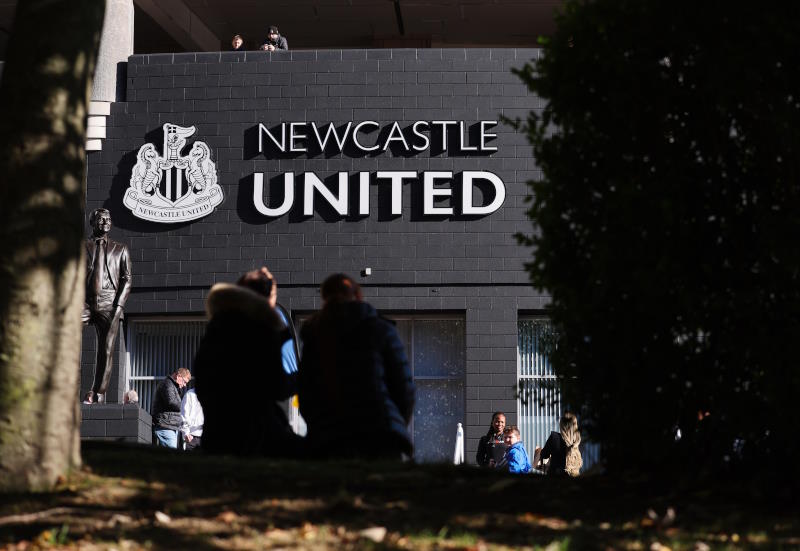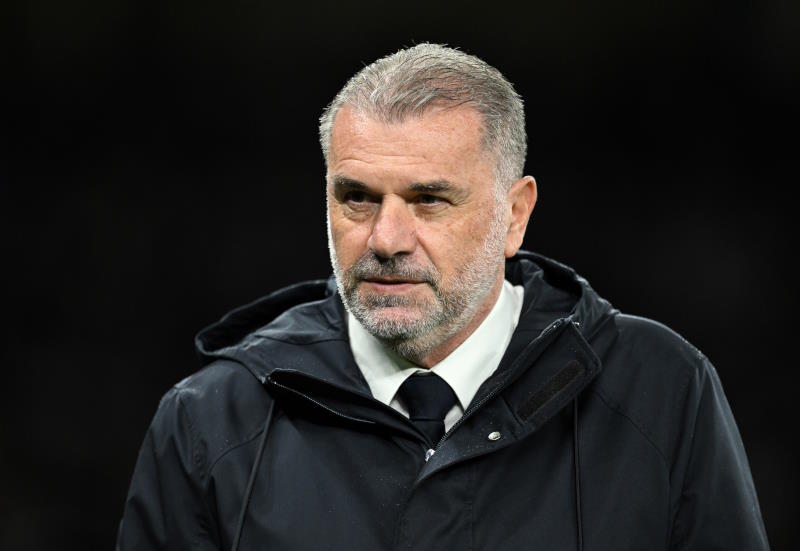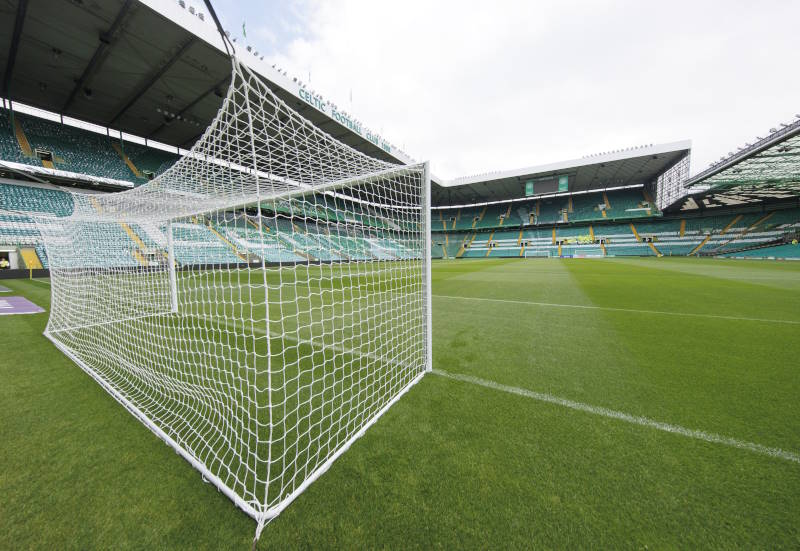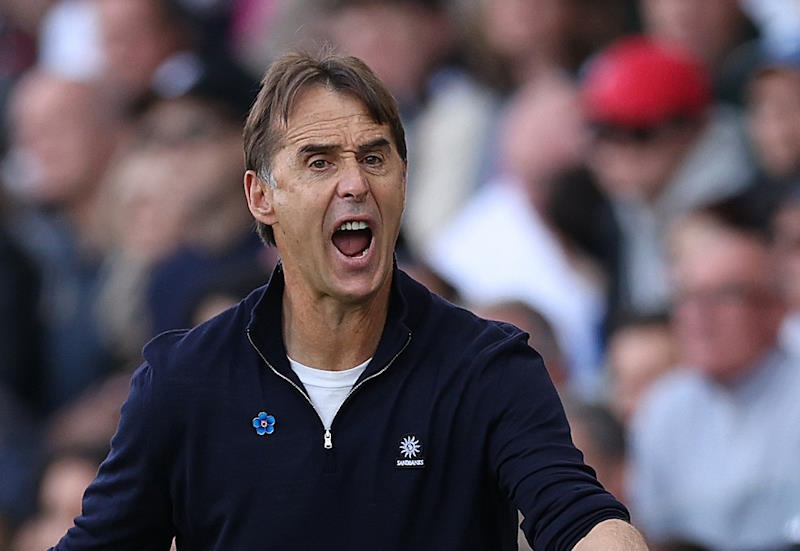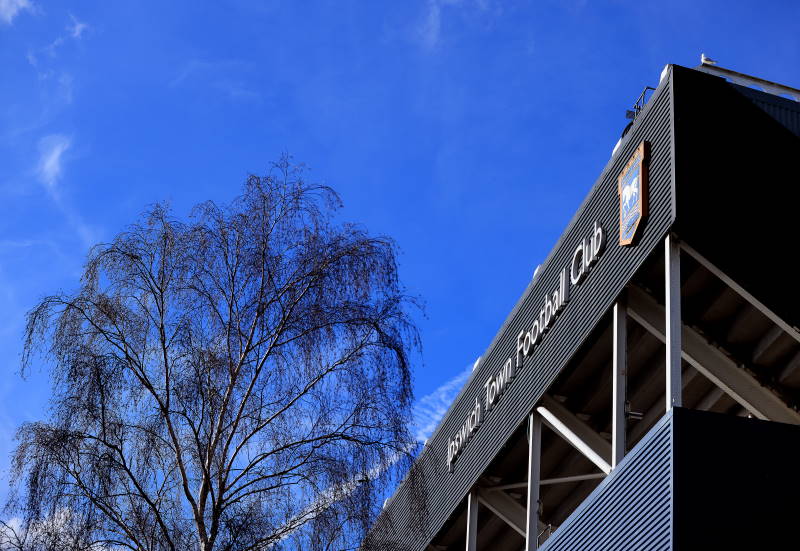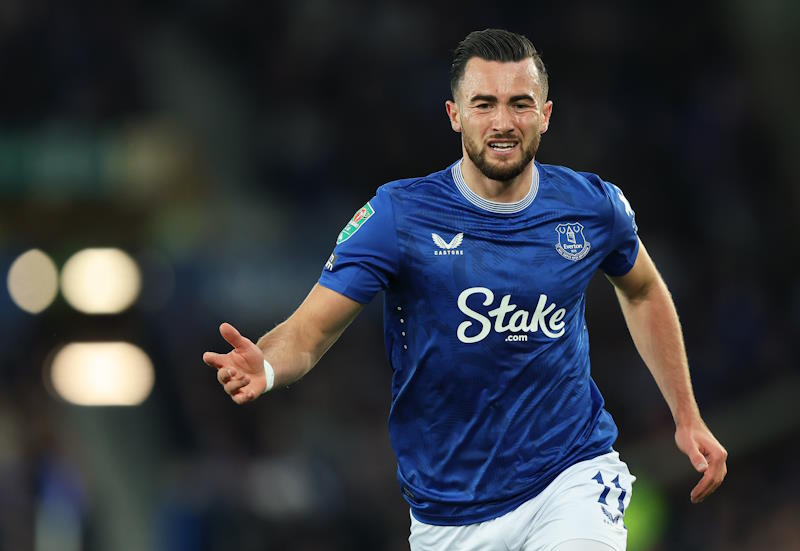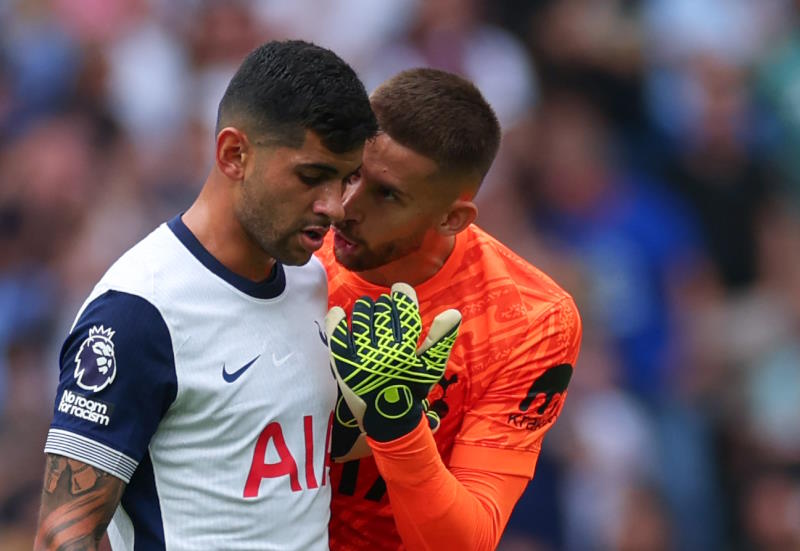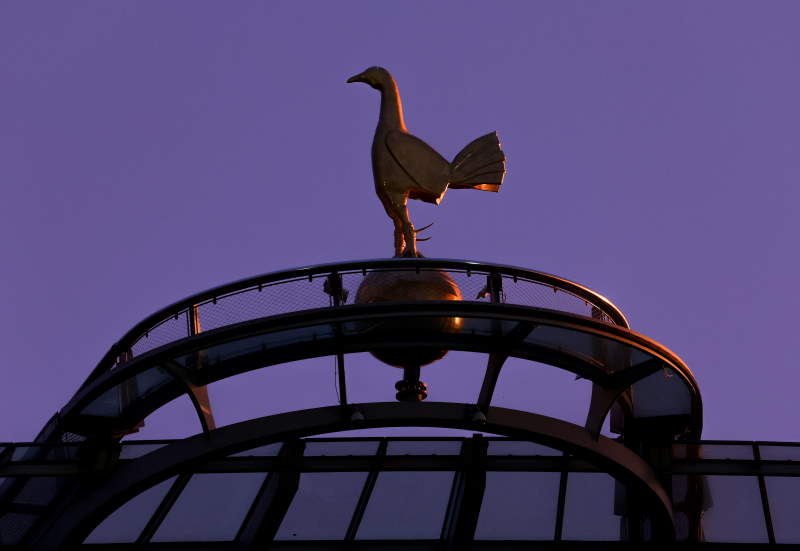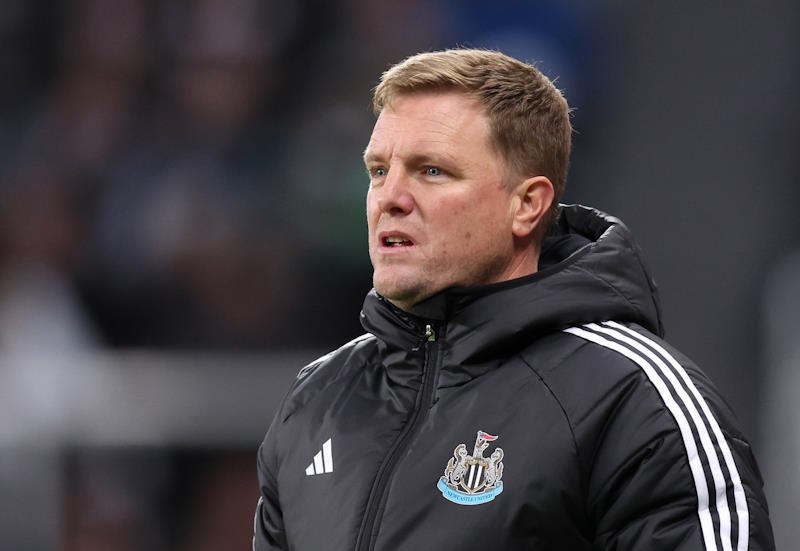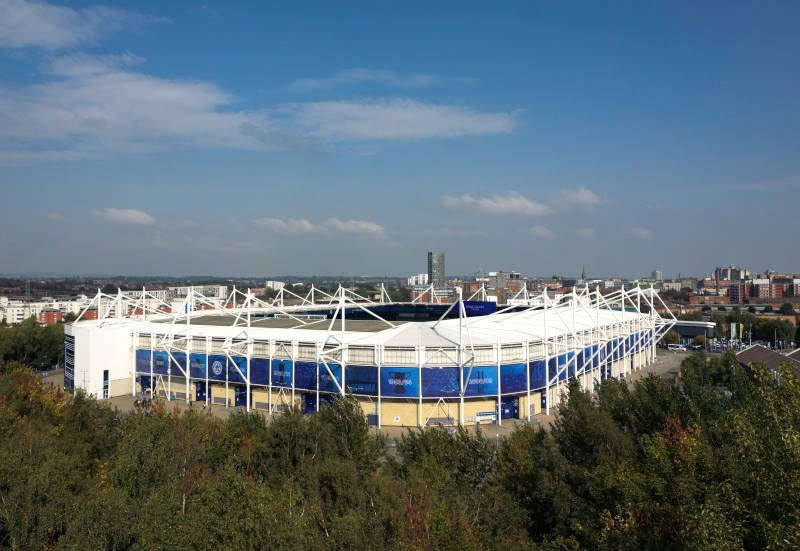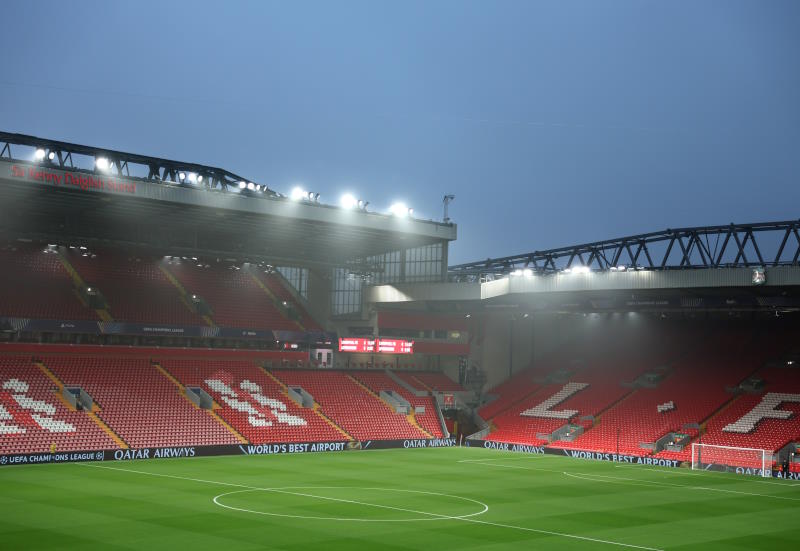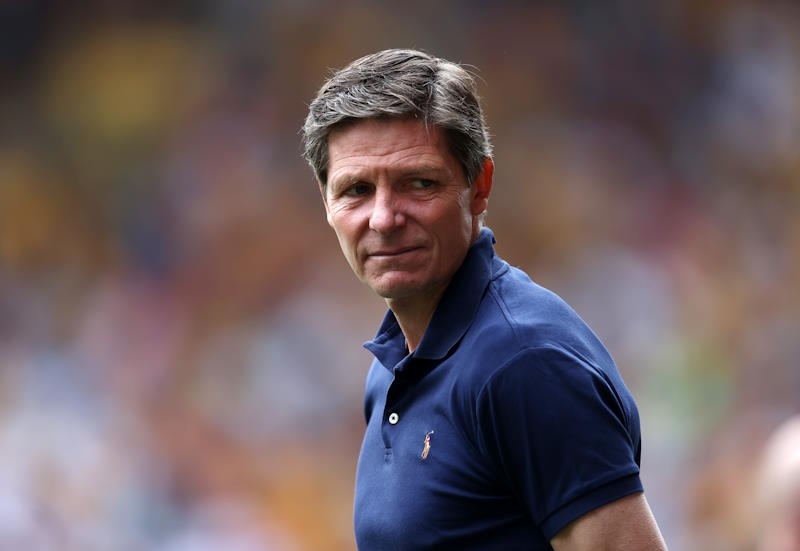
Samrin Hasib
Borussia Dortmund are indeed a club that can steal any football fan’s heart. The German side have a history filled with ups and downs; 1986 and 1997 being the two most significant years in their history. What happened in these two years could give even the fans of a team such as VfL Bochum hope for glory, perhaps one day on the international stage.
Germany reinstated its relegation playoffs last year. In 1986, Dortmund were then one of the sides participating in the playoffs. The Ruhr side had finished 16th in the Bundesliga and to save themselves from relegation to the 2.Bundesliga, they had to beat Fortuna Köln. They eventually did so and remained part of the Bundesliga, impacting on their history to this day. Relegation was simply unthinkable.
In 1993, Dortmund made it to the UEFA Cup final. They were comprehensively beaten by Juventus over two legs, 6-1. However, the run came with a big payday, as the German side earned €12M from their surge to the final. They invested wisely in players, and eventually, this paid off. Not too long after, Dortmund reached the final of Europe’s showpiece club tournament, the Champions League, in 1997, and beat, ironically, Juventus 3-1 in Munich. They also took home the Intercontinental Cup that year by beating Cruzeiro in the final, 2-0. Dortmund were well and truly on the map.
In 2000, the Bundesliga club became the first to release its shares on the public stock exchange in Germany. Two years later, they won the Bundesliga – Dortmund have not picked up the shield since – beating none other than “Neverkusen” (Bayer Leverkusen) and were losing finalists in the UEFA Cup once again.
Die Borussen know all about financial troubles. Throughout the 70s and 80s, they experienced plenty of cash-flow problems. The club even spent part of the 70s in the 2.Bundesliga. In 2002, the financial ghosts returned. Dortmund, due to poor management, found themselves operating under heavy debts and had to sell their grand Westfalen Stadium. They were even on the brink of bankruptcy in 2005.
The Westfalen Stadium is by far the largest in Germany, with holding over 80,000. Due to the impact of off-the-pitch matters, Dortmund now play at the Westfalen – renamed Signal Iduna Park – on a lease. Despite slipping off the pace of the Bundesliga trophy gatherers, the Ruhr club still have an average attendance of over 77,000. The fans do not demand more European silverware from their beloved BVB. What they do demand though is hard work alongside commitment from those who wear the famous shirt.
Dortmund are currently fifth in the Bundesliga table at the time of writing. Last year, they finished sixth, narrowly missing out on a European spot. The former Champions League winners are improving – they had finished 13th in 2007/08 – and despite repeated financial constraints have built a good squad.
The Egyptian Mohammed Zidan stands out especially, able as he is to pop up with goals from all areas of the pitch. The real goalscoring sensation at the moment is however, Lucas Barrios with 11 goals to his name. The Argentine was prolific in South America before arriving in Germany, though that was in the Chilean league with Colo Colo, rather than his native Argentina. Dortmund can also call upon the services of another South American in the form of Paraguayan Nelson Valdez, who adds a much needed extra dimension to the striking department.
In goal is the ex Kaiserslautern shot-stopper Roman Weidenfeller, who despite being Dortmund’s number one for some time has failed to make the breakthrough at international level. At the back they have none other than ex-Bayern Munich youngster Mats Hummels, the defender having chosen not to return to Bayern following the end of a loan spell. Alongside Hummels, Neven Subotic runs the centre of defence. Ex-Bremen man, Patrick Owomoyela also adds much needed experience to the backline.
In midfield, captain Sebastian Kehl – yet to play this season – has suffered repeated injury problems throughout his promising career. Nuri Sahin, Tamas Hajnal and Tinga can also be called upon, while Polish international Jakub Blasczykowski has impressed many with his tireless wing play, picking up the Polish Footballer of the Year award in 2008.
Dortmund like to operate in a 4-4-2 formation. They love to attack but don’t necessarily forget to defend either. Coach, Jurgen Klopp – in charge since 2008 – likes being adventurous and his side’s style of play shows that. Indeed Klopp, who was previously in charge of Mainz, is somewhat of a fitness fanatic, keen that his men can operate at full tilt for the full 90 minutes.
The Ruhr region, Dortmund’s home, is a hotbed of football, and the club’s biggest rivals are Schalke and Bochum. While Bochum may be too small to be considered a real threat in the long term, matches against Schalke are one of the highlights of the Bundesliga calendar and are always fiecely contested.
Dortmund are a club steeped in history, and celebrated their centenary last year with a match against Real Madrid. It was a Dortmund player too, Friedhelm Konietzka, who scored the first ever Bundesliga goal in 1963.
The 1997 Champions League winners are certainly a club to watch out for. They have had to suffer many disappointments and setbacks in recent years. Dortmund serve as a warning that success can sometimes go wrong. The club is rising though and will perhaps one day be one of Europe’s elite again. At the moment however, the Germans need to continue to put themselves on a steady financial footing, and make progress one step at a time.
Related Articles:
- – Leverkusen Looking to Shed Neverkusen Tag
- – Hertha Make Berlin Ponder Bundesliga-less Capital
- – Koln Not Yet Offering Home Comforts for Podolski

